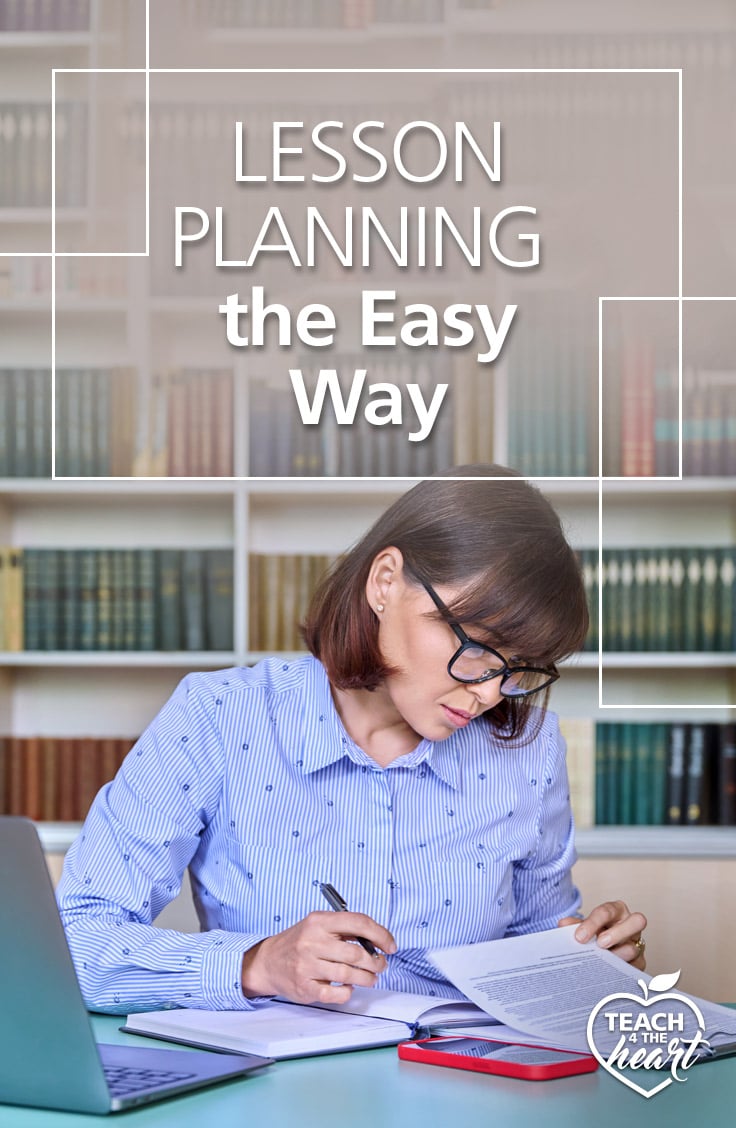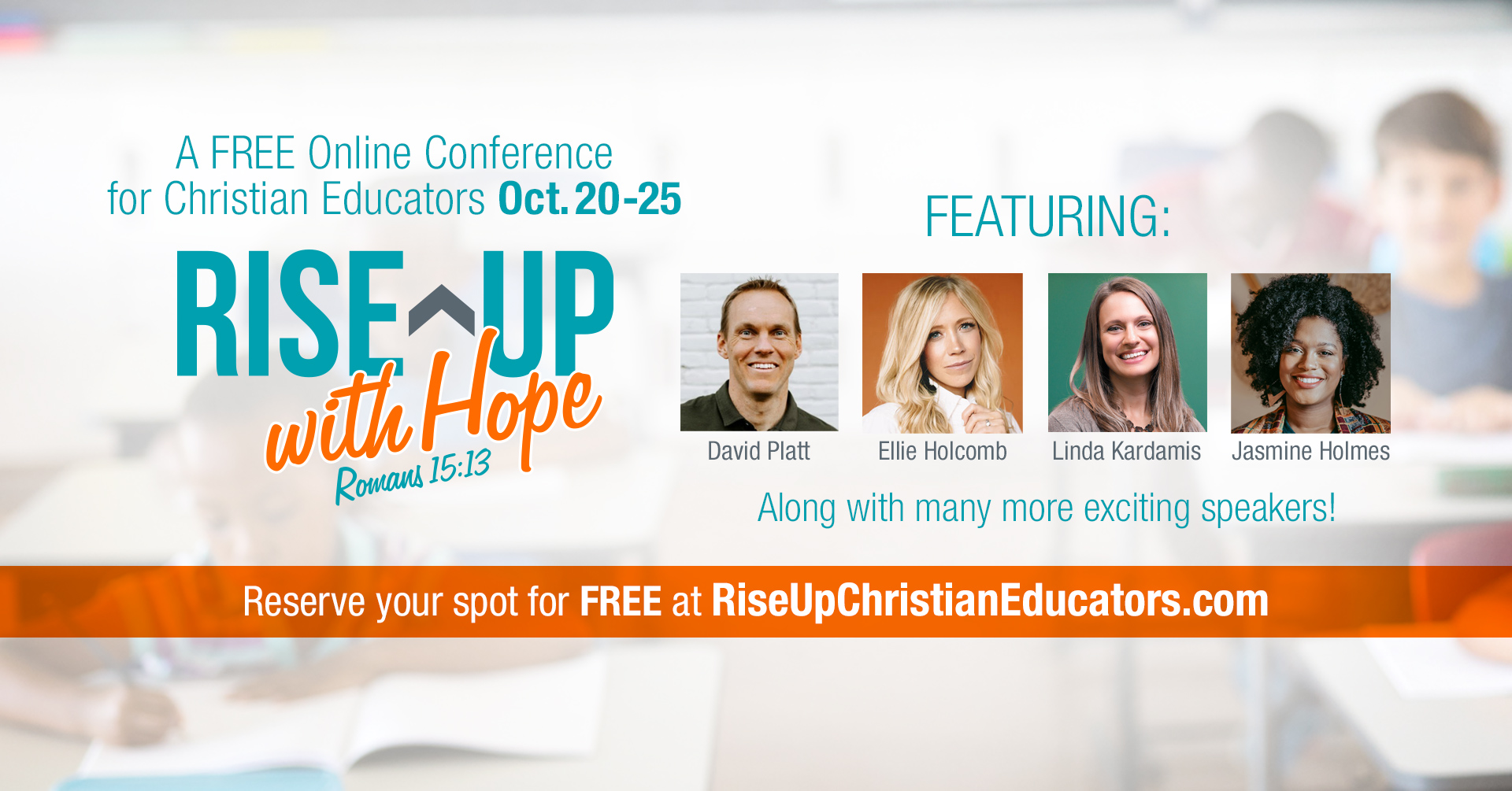
Does lesson planning take way too long and feel way too difficult? Or do you not even know where to start? Kelly Jackson of The Simply Organized Teacher joins us to unveil tips to create lesson plans easily and effectively.
listen here:
the highlights:
We encourage you to listen to the whole episode above. Here's how the episode breaks down:
- The first lesson planning mistake is just planning day by day. (4:20)
- It's not recommended for one person to plan a subject and another to plan a different subject and then swap. You're not as well-prepared to teach if you're using another teacher's lesson plan. (4:50)
- Instead, plan the big picture unit together and share resources. Individual teachers calendar their lessons. (8:00)
- A year-at-a-glance is the bird's eye view of what you're covering week by week. This will help you make sure you're covering all the standards in a year. (9:41)
- The next lesson planning tool is a unit planning document that has the standard, the vocabulary, the activities you'll do, and how you'll assess. (10:55)
- The last step is to calendar out your lesson plan- what you'll do day-by-day. (11:58)
- Digital versus physical lesson planning is just a matter of preference. (12:40)
- Use sticky notes as you lesson plan to write down to-dos that pop up as you lesson plan (make copies, create anchor charts, etc.). You could lesson plan on a Thursday, complete the to-dos on a Friday and be ready to go on Monday. (14:22)
- The two biggest lesson planning organization rules are: (16:46)
- Everything needs a home
- Never leave Friday without next week's lesson plans and materials ready (or at least have Monday's done!)
- Plan just one week ahead of time because things change. (18:50)
- You can lesson plan 4 days instead of 5 if your classroom has a lot of interruptions and/or you have a lot of specials groups. (28:05)
- Write your lesson plans in pencil for flexibility. (31:46)
- Have a plan for all your lesson plan materials. Some options are: hanging folders, files, plastic rolling drawers, etc. (32:38)
- Have a plan for the paper flow in your classroom. How will it get to the students? How will it get back to the teacher? How will it get back to the students after its graded? (34:10)
resources mentioned:
The content in this article and podcast come from Kelly's session at the 2021 Rise Up Christian Educator Summit.
Find hope so you can start the school year strong!
RSVP for the upcoming Rise Up Summit. This free online weekend event hosts sessions designed to bring you real teaching solutions, Biblical encouragement and connection with fellow educators.
This year's speakers include David Platt, Sean McDowell, Ellie Holcomb, Jasmine Holmes, Linda Kardamis and over 20 more! This is a free event but you must be registered to attend. Sign up today!
spread the word!
Did you find this post helpful? Clue in your fellow teachers by sharing the post directly (just copy the URL) or by clicking one of the buttons to automatically share on social media.
Pin it for later ⤵

This article may contain affiliate links. This means that if you purchase a resource after clicking the link, Teach 4 the Heart may receive a small commission at no extra cost to you. Thanks for helping support Teach 4 the Heart in this way.

